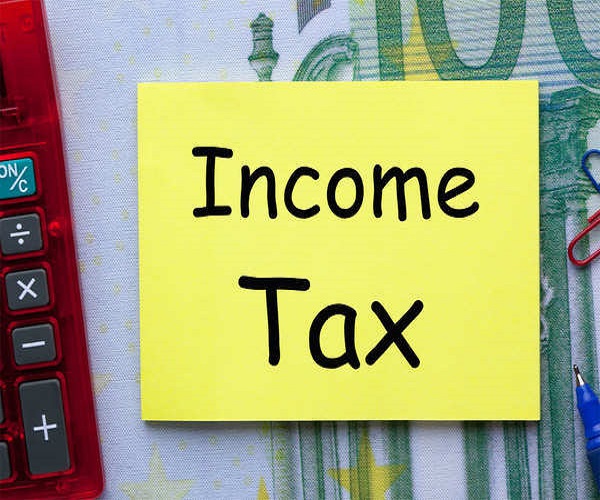Cash Transaction Notice: Because digital transactions are so simple and quick, they have taken over the world. The government has also made digital transactions mandatory for most payments in order to track financial transactions.
Cash Transaction Notice: Today is the era of digital transactions because they are simple and quick. The government has also made digital transactions mandatory for most payments in order to track financial transactions. Despite this, there is no shortage of people who pay in cash, and these people may be unaware that the Income Tax Department is still watching them. When cash transactions exceed a certain threshold, the Income Tax Department may issue a notice.
Read More: If you want to apply for an education loan, then keep these things in mind; will benefit
Let us remind you that if you make large cash transactions with banks, mutual funds, brokerage houses, or property registrars, you must notify the IncomeTaxDepartment. If you are one of those people who prefer cash to digital transactions, you are putting yourself in jeopardy. We will discuss some of these cash transactions that may result in a notice from the Income Tax Department.
purchase of the real estate
If you buy or sell a property for Rs 30 lakh or more in cash, the Registrar of Property will report the transaction to the Income Tax Department. In such a case, the Income Tax Department may question you about the cash transaction and request clarification on the source of the funds.
Payment of credit card bills
If you also pay your credit card bill in cash, you may run into issues. If you deposit more than Rs 1 lakh in cash as a credit card bill at one time, you may receive a notice from the Income Tax Department. Even if you pay a credit card bill in cash for more than Rs 10 lakh in a fiscal year, you may be questioned about the source of the funds.
Purchase of Shares, MF
If you make large cash transactions in shares, mutual funds, debentures, and bonds, be aware that investing more than Rs 10 lakh in these in a fiscal year may result in a phone call from the Income Tax Department.
Depositing cash in an FD
If you deposit more than ten lakh rupees in fixed deposits in a calendar year, whether in one lump sum or in installments. The Income Tax Department may question you about where these funds came from. As a result, it is preferable to deposit funds in FDs digitally, so that the Income Tax Department has a record of your transactions and you do not face any problems.
deposit funds into a bank account
Just as the Income Tax Department may question you if you deposit Rs 10 lac or more in cash in a year in a fixed deposit, the Income Tax Department may question you if you deposit Rs 10 lakh or more in cash in a year in any bank or co-operative bank.



